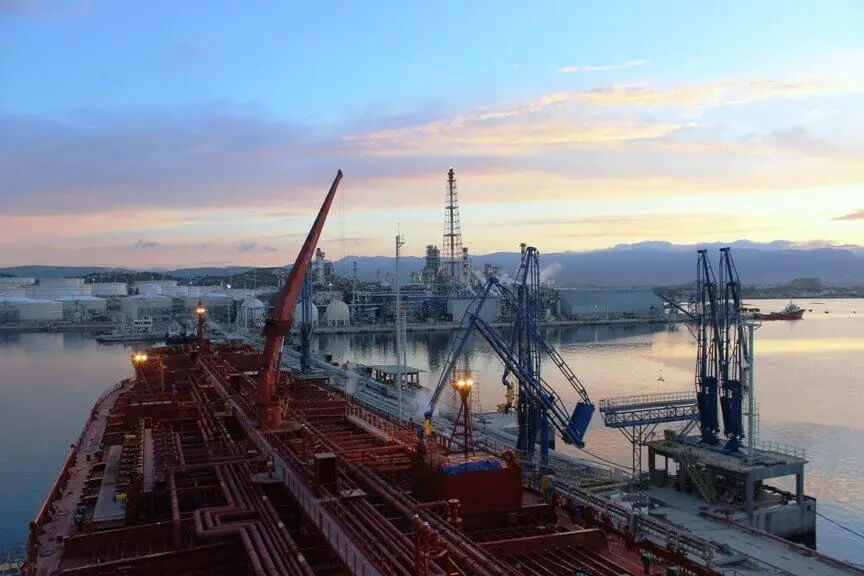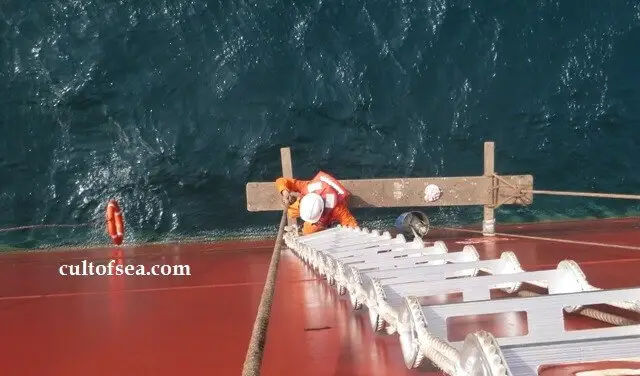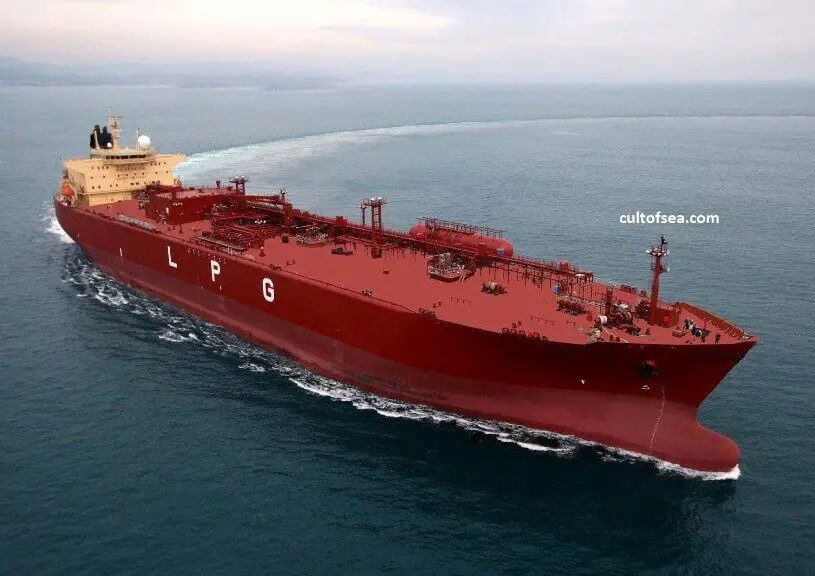Voyage Orders The vessel will usually receive voyage orders from the Charterers which will contain the following information:-Ports of loading and discharge along with draft limitations (if any) Volume / Weight to be loaded, grade or grades and Densities involved Special requirements of cargo – e.g. heating Special properties of cargo – e.g. H2SPlanning Cargo Stowage The following factors are to be considered when planning stowage of cargo as applicable:The limiting load line zone of the loaded passage and the port of destination. Draft restrictions during the … [Read more...]
Archives for February 2016
Guidelines on Working aloft or Overside on Ships
Definition Working aloft or Overside means a work being performed at a height and involving risk of falling, resulting in an injury. Guidelines As a general rule, personnel should not be permitted to work overside when the vessel is underway unless it is absolutely necessary and as determined by the Master.Personnel under training shall not be assigned aloft or over side related jobs. The power source to potential hazards such as ships whistle, radar, etc. should be isolated from their power source and accidental activation prevented by the use of warning signs and / or removal of … [Read more...]
Cargo Conditioning, Reliquefaction – Gas Tankers
Purpose The term Cargo Conditioning refers to the "maintaining" during the passage of:Cargo quantity without undue losses. Cargo tank pressure/temp within design limits. maintaining or altering cargo temperature as required.This is achieved by reliquefaction. Cargo conditioning may not be necessary on ships with pressure vessel tanks, depending on filling limits.If reliquefaction plant is fitted the responsible personnel should have a thorough understanding of its operational principles. When running, the plant should be monitored so that anything affecting its safety or … [Read more...]


